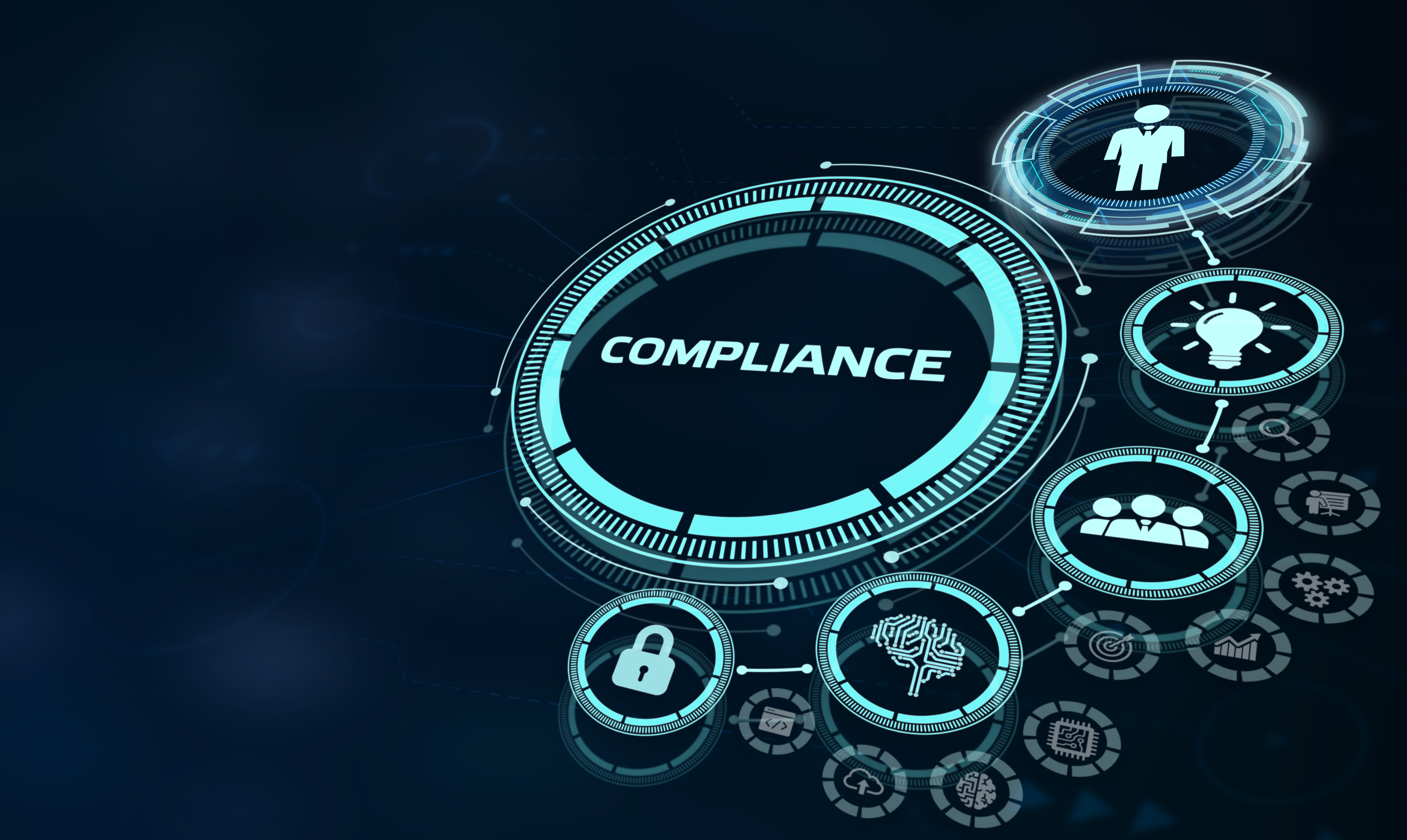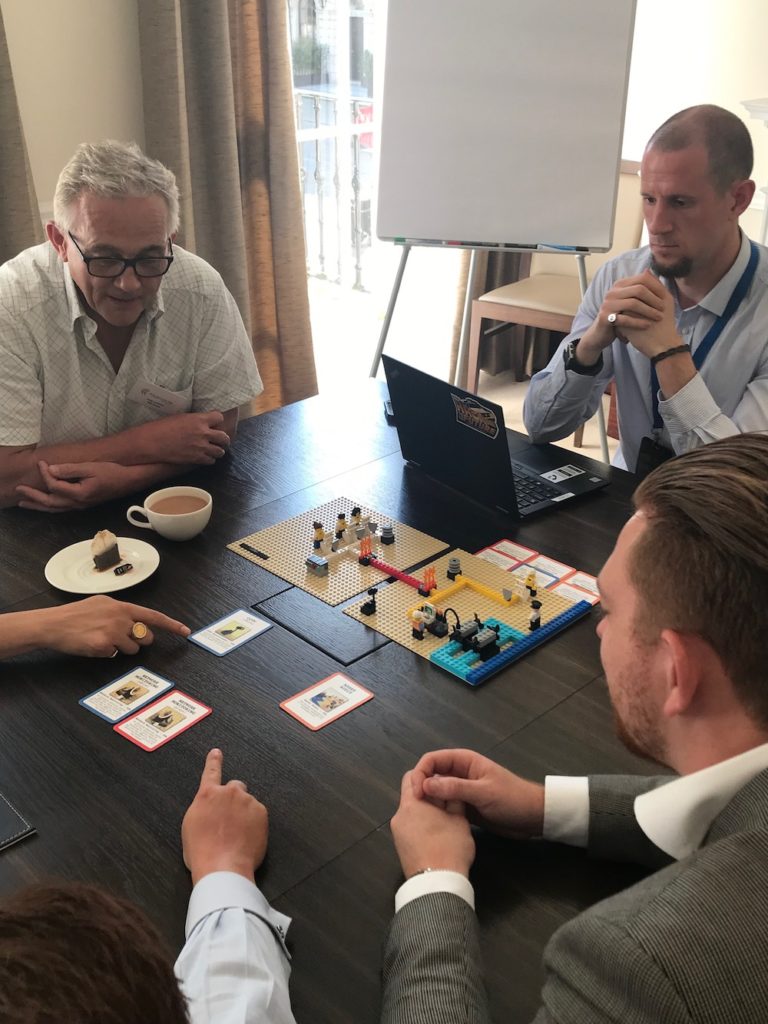UK Government Minimum Cyber Security Standard: Are You in Compliance?
As businesses continue to strengthen their cybersecurity posture, it’s important to remain up to date with the ever-growing number of resources and...
2 min read
Harriet Oliver : October 1, 2025
Over the last decade, leaders have been inundated with stories of high-profile breaches, ransomware attacks, and evolving compliance requirements. Avoiding fines, data breaches, and cyberattacks starts with a security-first culture. At Fitzrovia IT, we believe prevention is the most important key to protecting your business and can be very easy to adopt.
A security-first culture goes beyond deploying the latest tools or drafting policies. It means embedding security awareness, behaviours, and practices into the very DNA of your organisation.
For businesses, adopting this approach is as transformative as embracing the cloud or hybrid work. It reshapes how employees think, how leaders make decisions, and how organisations safeguard their most valuable assets: data, trust, and reputation.
At the forefront of this cultural shift is the recognition that cybersecurity is a shared responsibility. Threats today don’t just target IT systems; they exploit human behaviour. Phishing emails, social engineering, and insider threats prove that the weakest link is often not the technology, but the people.
Unlike traditional compliance-driven approaches, a security-first mindset means:
Security is embedded into daily workflows: From email hygiene to password management, every interaction is shaped by secure habits.
Leaders model behaviour: Executives champion security practices, ensuring the tone is set from the top.
Awareness is continuous, not occasional: Training becomes an ongoing journey, not a once-a-year tick-box exercise.
The result? A resilient workforce that sees security as integral to their role, not a distraction from it.
The urgency for businesses to foster a security-first culture is driven by three converging factors:
In short, security can no longer be siloed in IT. It must be everyone’s business.
Organisations are already embedding cultural practices that strengthen security posture. Examples include:
Phishing Simulations: Regular campaigns test employee responses, helping staff recognise and report suspicious activity.
Zero Trust Principles: Embedding “never trust, always verify” access models into workflows ensures security at every entry point.
Training: Ensuring employees know what to look out for and preventing them from being exploited by cybercriminals.
These practices move security from a compliance checkbox to a natural part of daily operations.
To cultivate a security-first culture, leaders should focus on four priorities:
At Fitzrovia IT, we believe that a strong security culture is the foundation of modern business resilience. We can help businesses build security-first cultures with:
Cyber Essentials Certification: as an official Cyber Essentials Assessor, we guide organisations through accreditation to strengthen their security posture.
Incident Response Management: ensuring your teams know how to respond swiftly and effectively to threats.
Security Architecture Configuration: Building secure foundations into your IT infrastructure.
Security Consultancy Services: offering expert advice tailored to your organisation’s unique risks.
Governance, Risk and Compliance: aligning your practices with regulatory requirements and industry standards.
Device Management: protecting endpoints across a hybrid workforce.
Penetration Testing: proactively identifying weaknesses before attackers do.
Vulnerability Management: continually monitoring and remediating risks to stay ahead of threats.
With these services, we help organisations embed security into their DNA — not as a bolt-on, but as a lasting culture that safeguards people, processes, and technology.

As businesses continue to strengthen their cybersecurity posture, it’s important to remain up to date with the ever-growing number of resources and...

Today, Fitzrovia IT teamed up with the Metropolitan Police and our security partner Custodian360 to host a unique ‘Decisions and Disruptions’...

Today, technology is fully integrated into every action all businesses take.to the point where operations, and communications with client management...